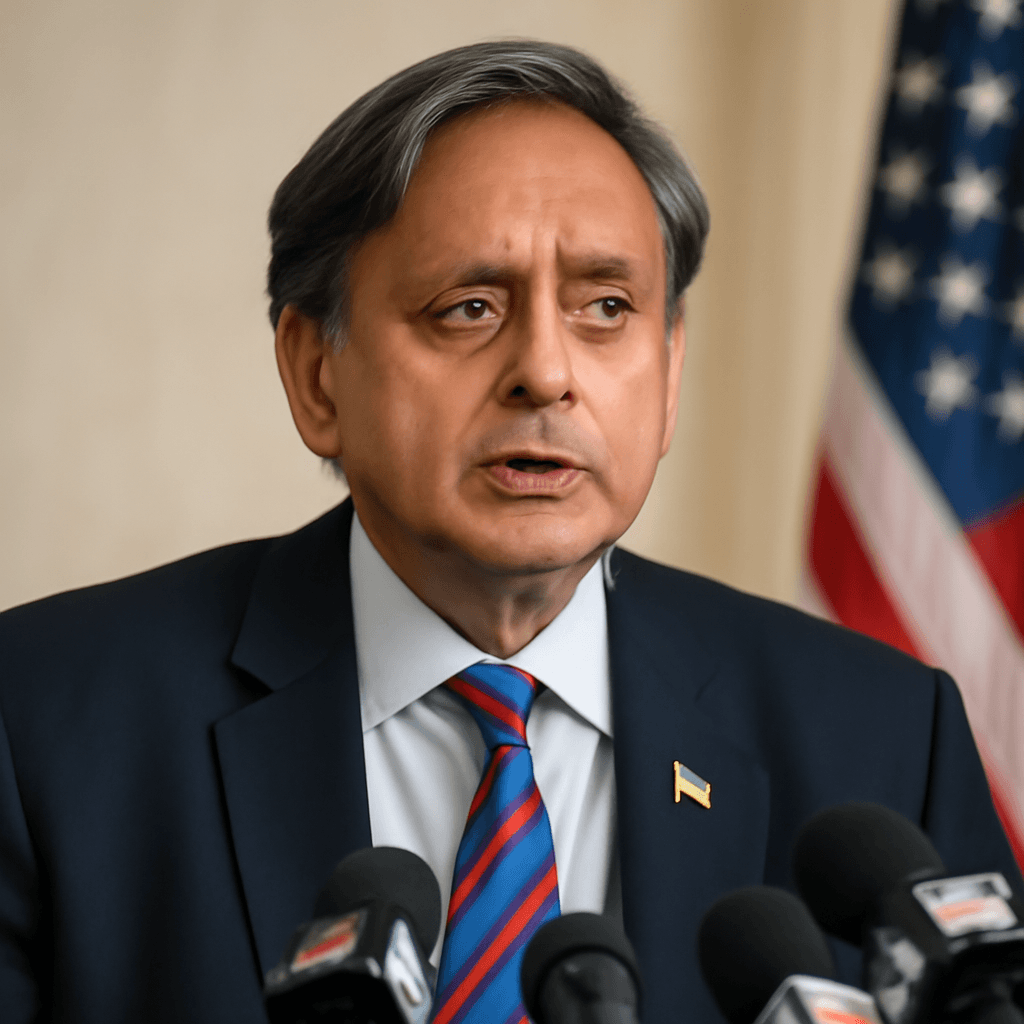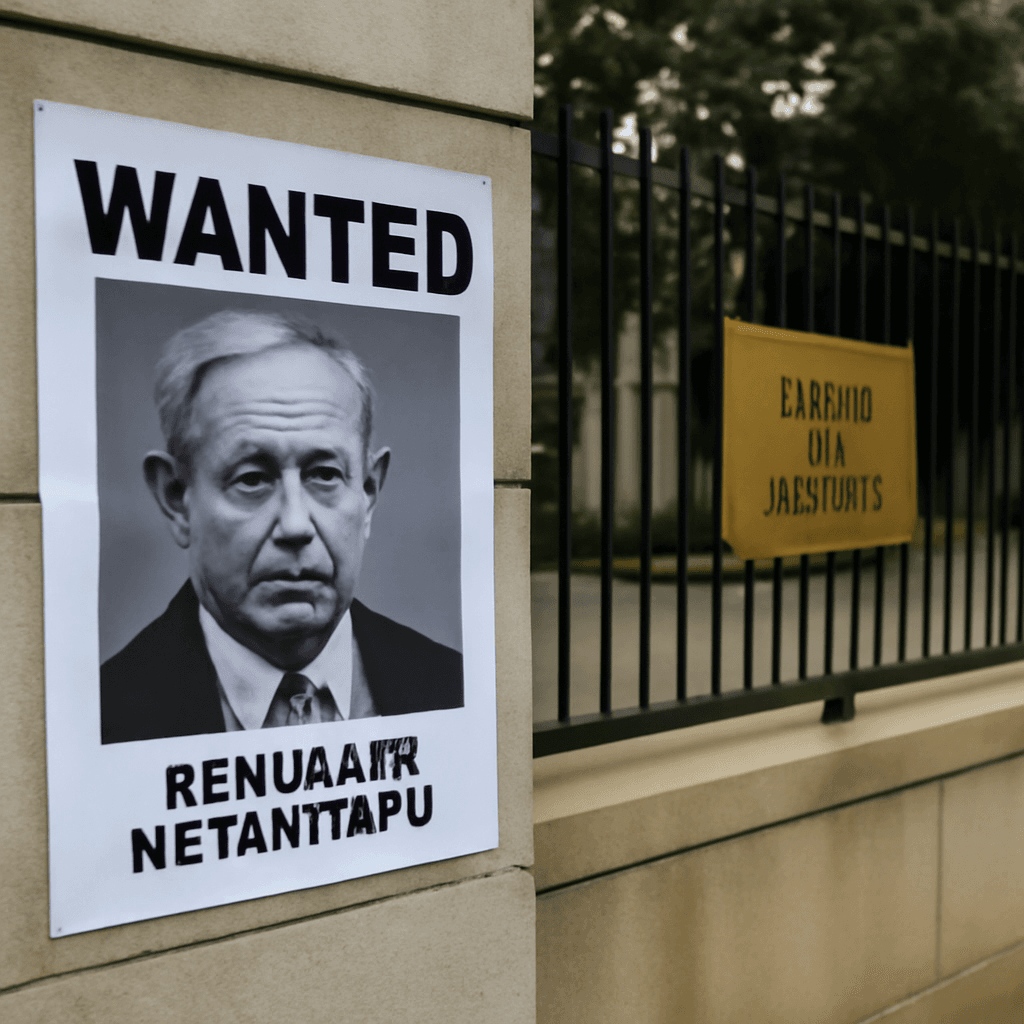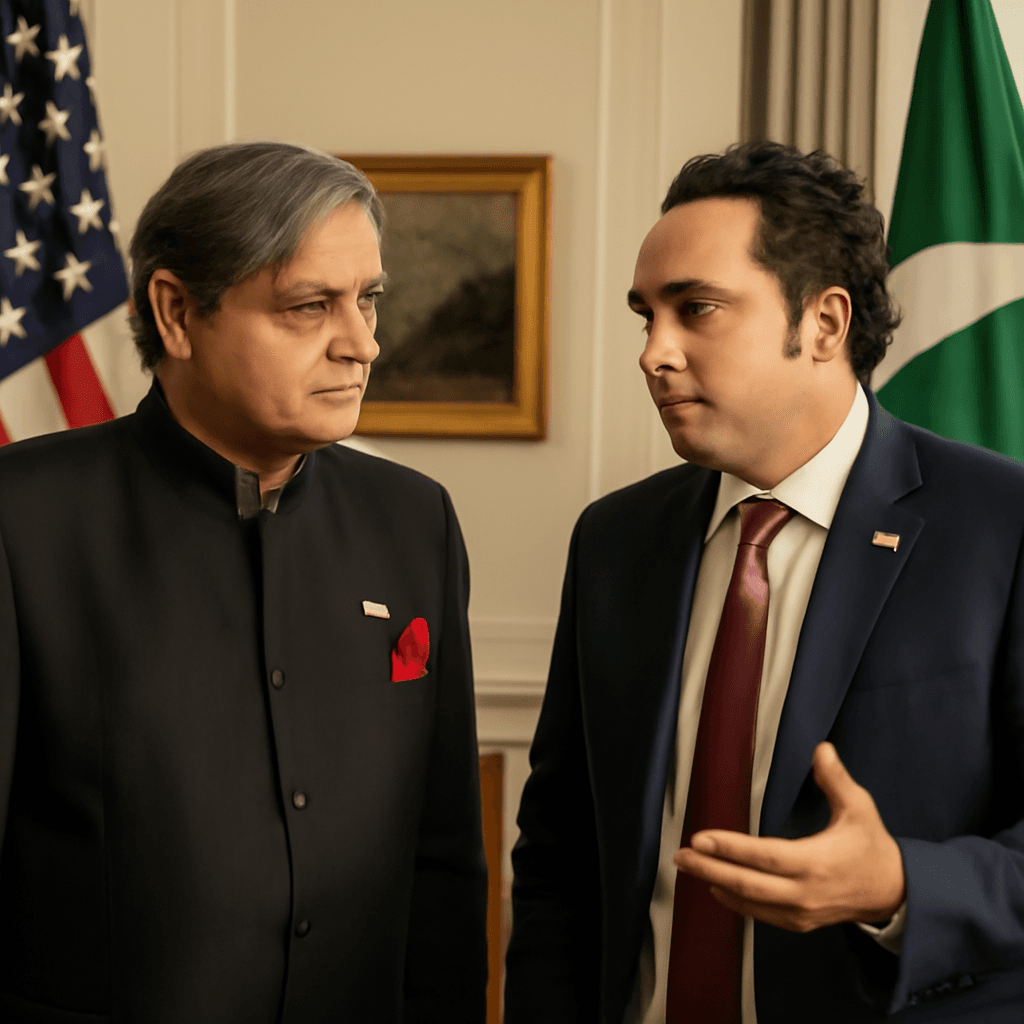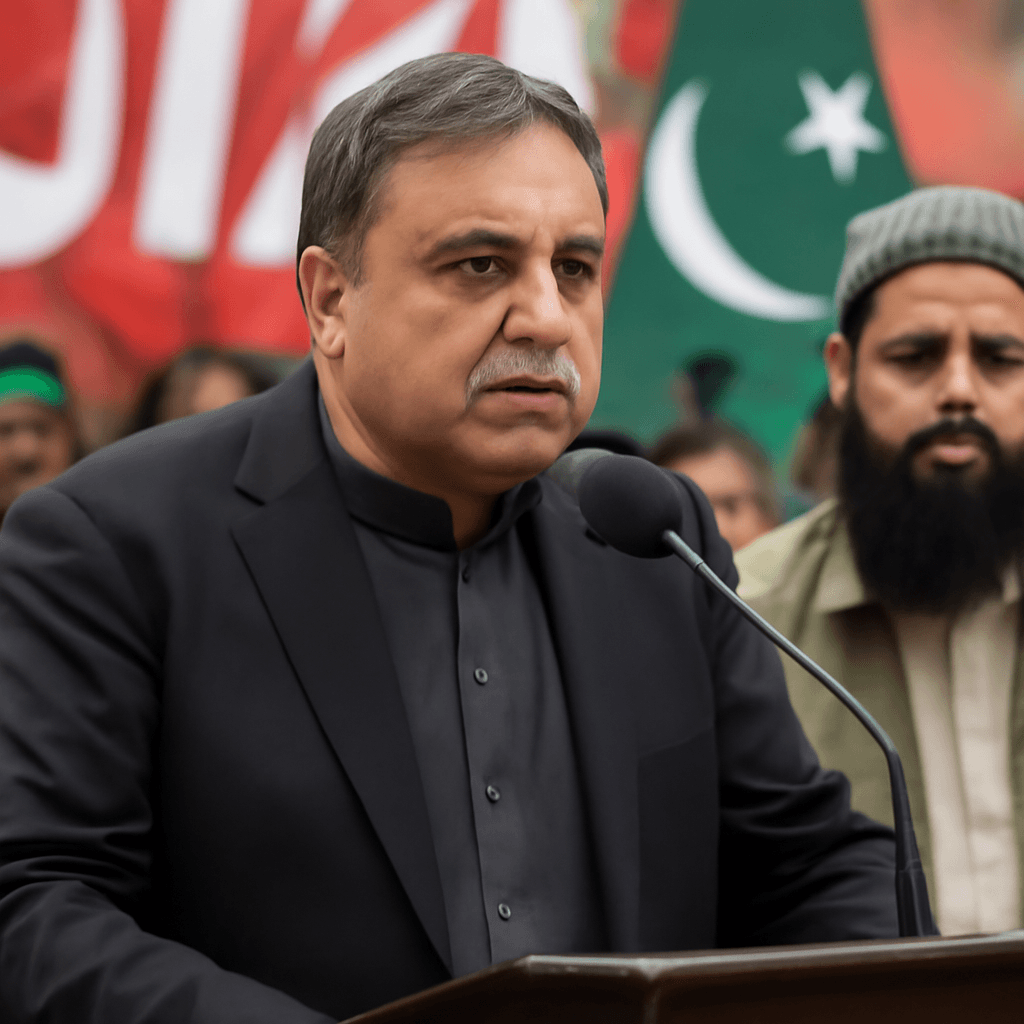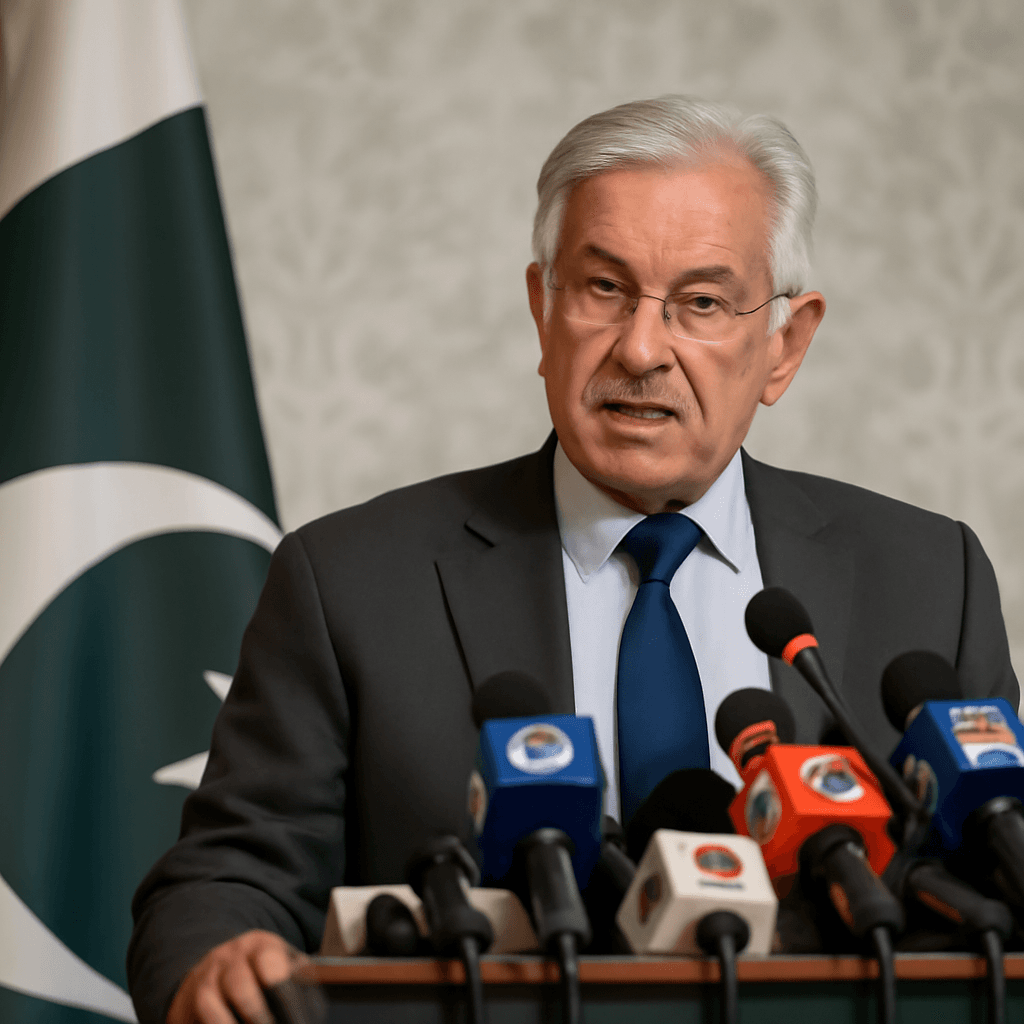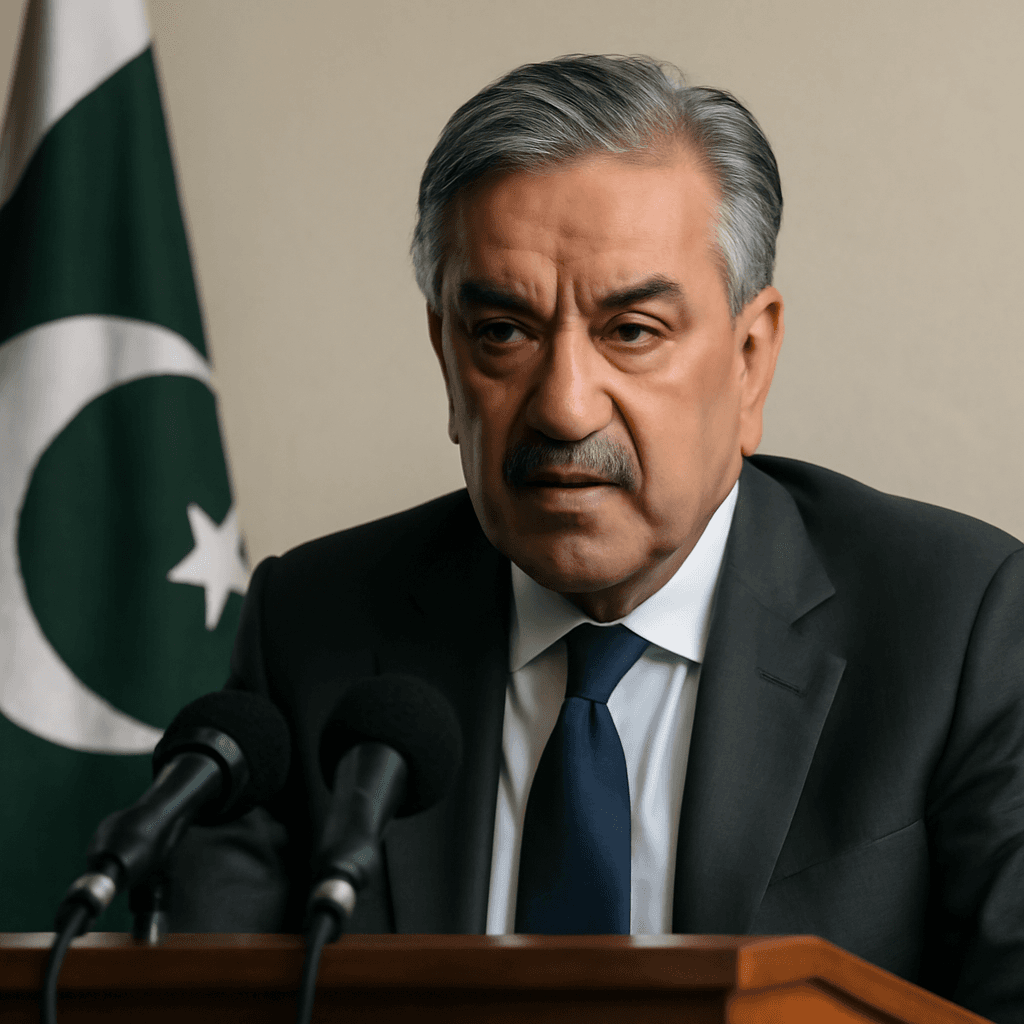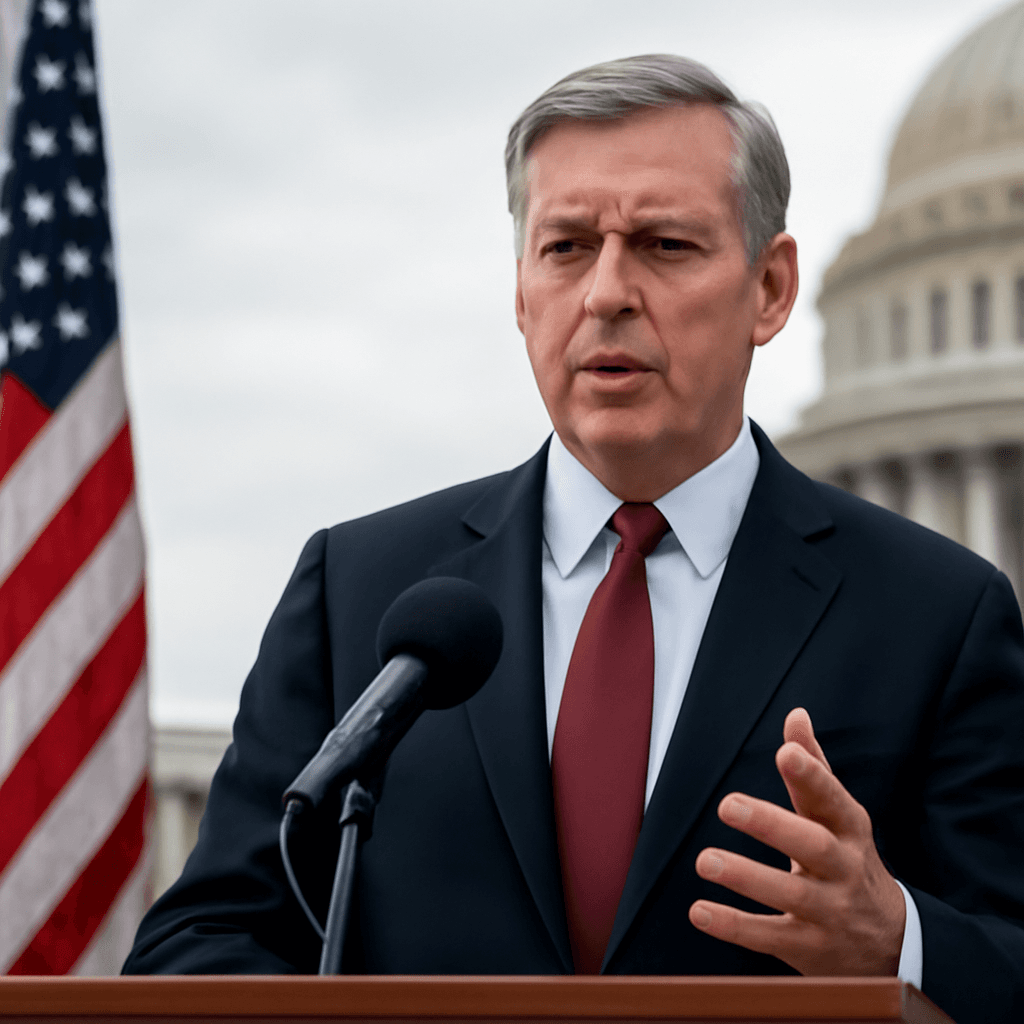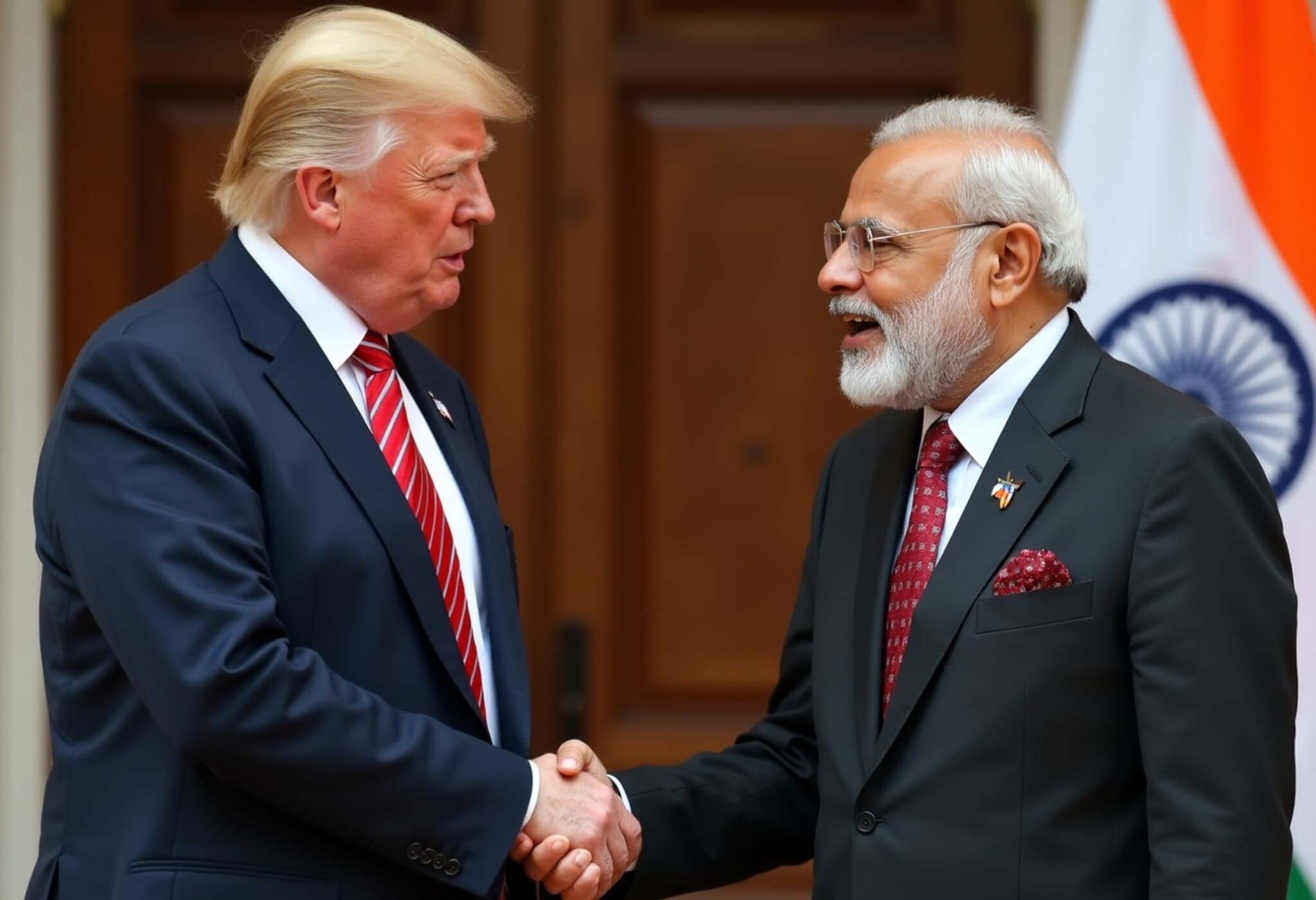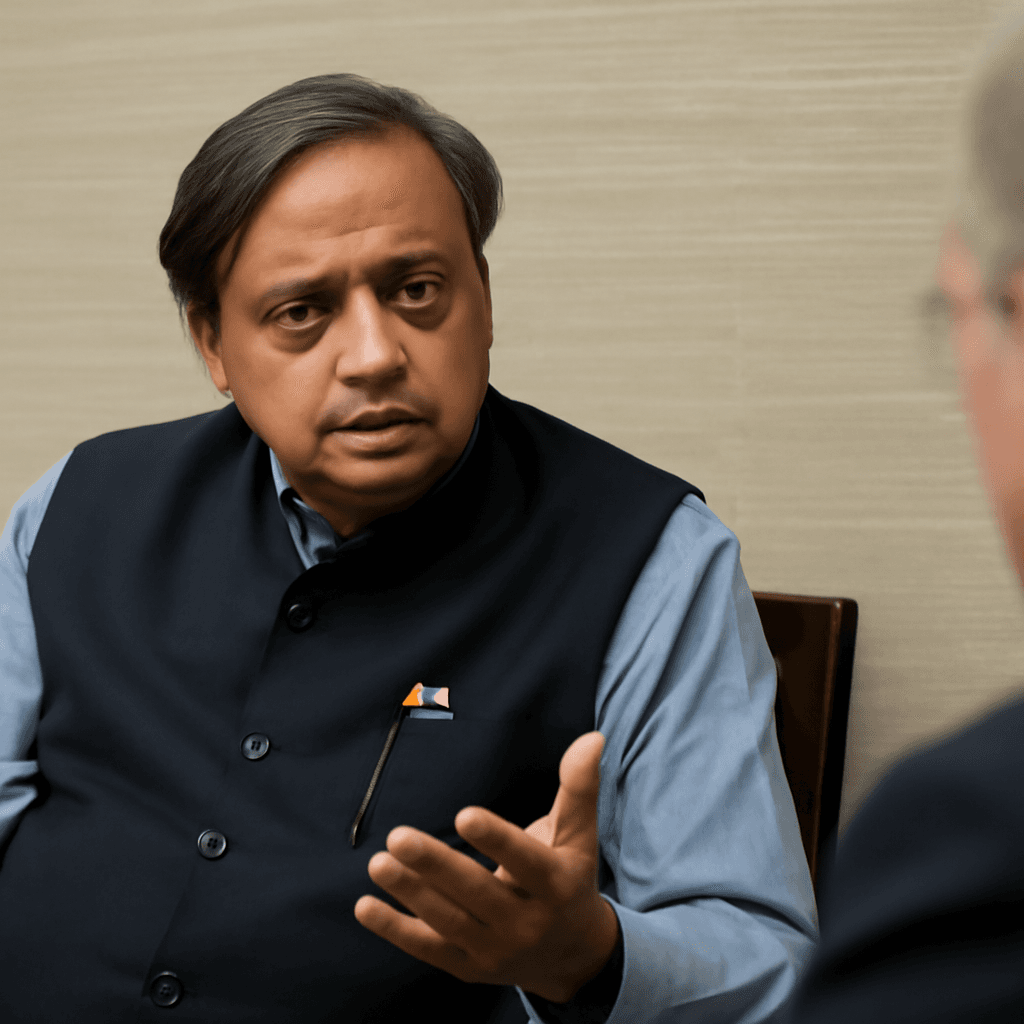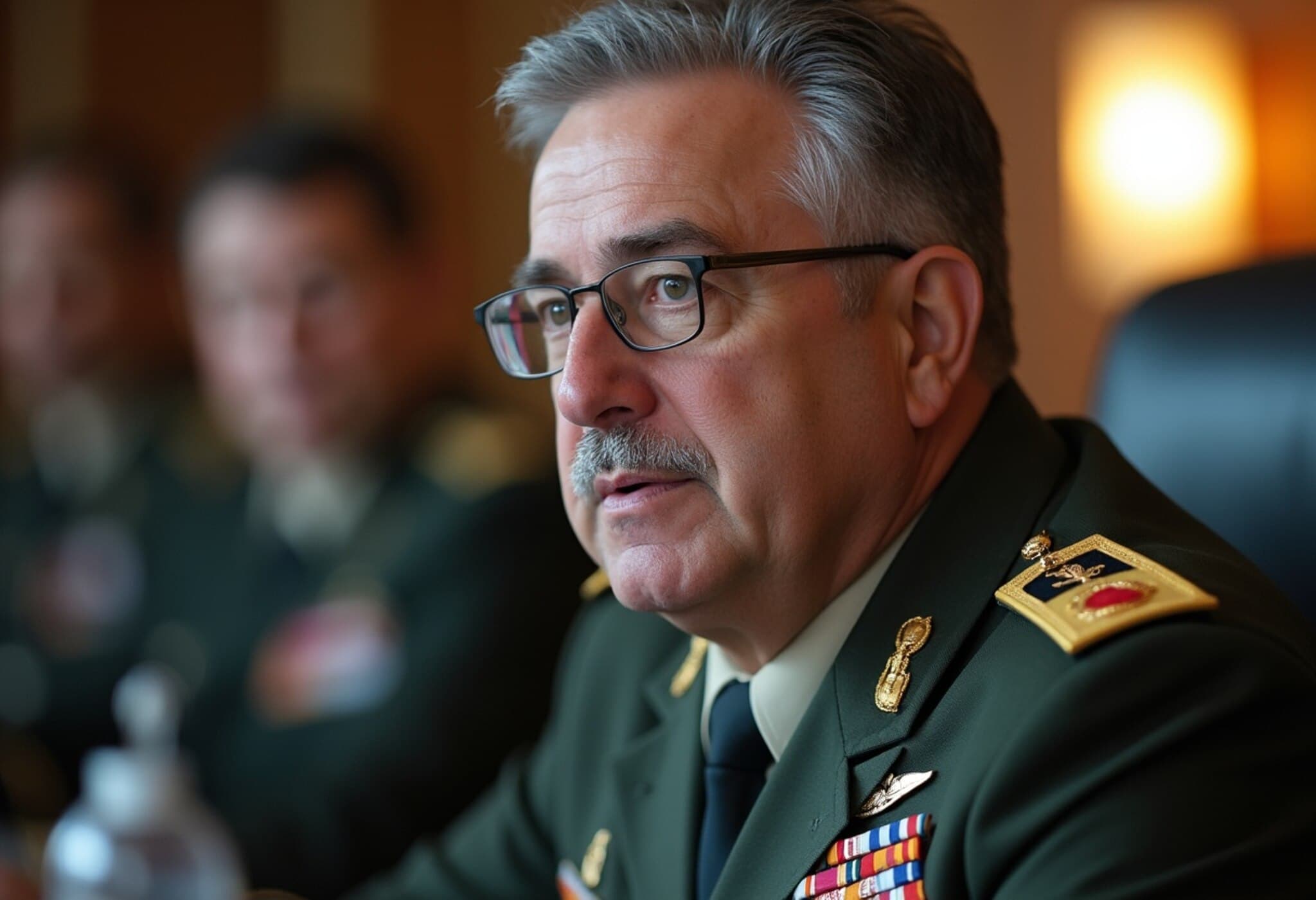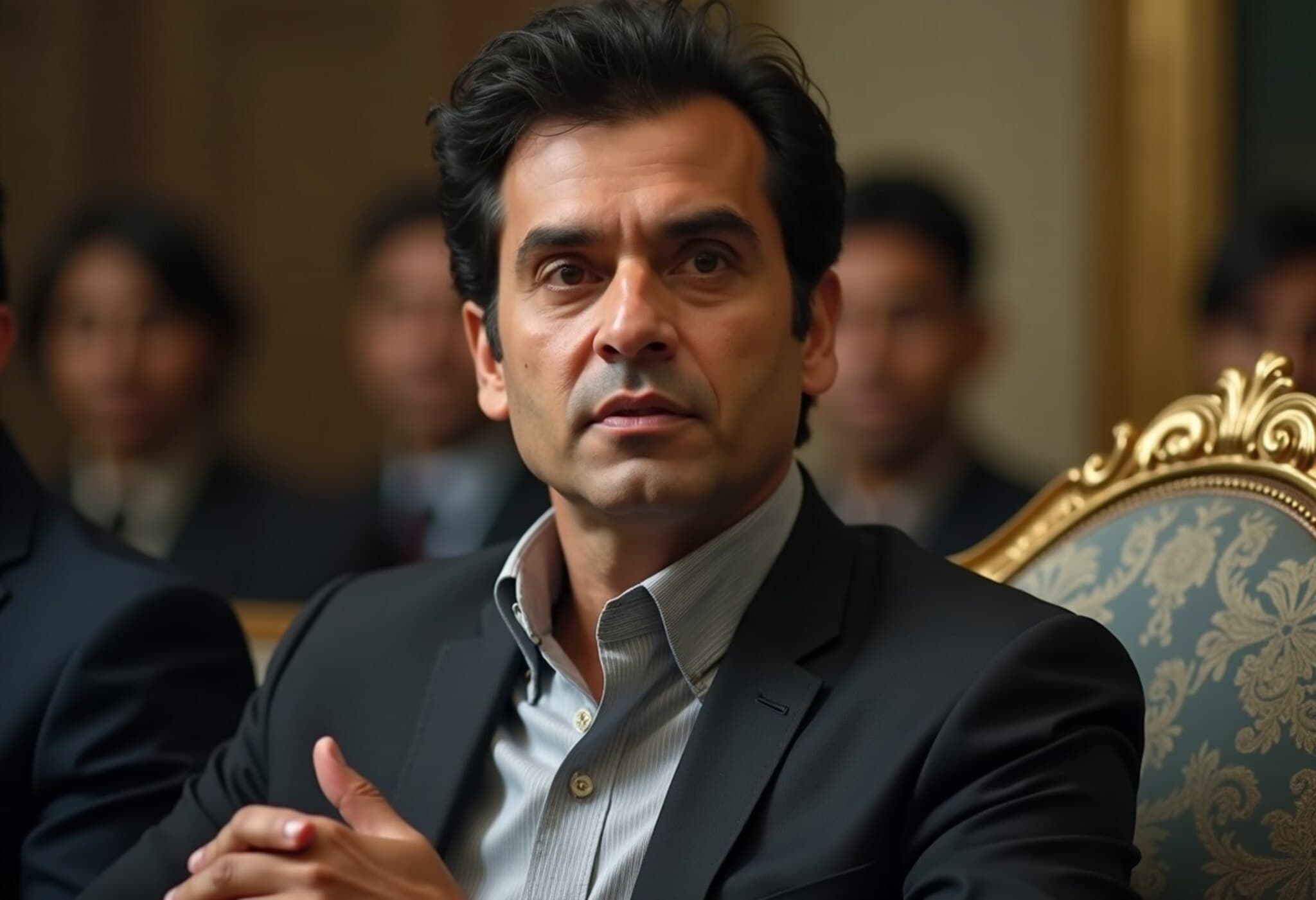Pakistan Turns to Donald Trump for Facilitating India Talks After Operation Sindoor
In the aftermath of Operation Sindoor, Pakistan is intensifying efforts to engage former US President Donald Trump in mediating dialogue with India. Following an intense military confrontation, Pakistani leaders including Prime Minister Shehbaz Sharif and Pakistan Peoples Party Chairman Bilawal Bhutto-Zardari have publicly sought Trump’s intervention to initiate peace talks.
Background of the Conflict and Operation Sindoor
Operation Sindoor was launched by India on May 6, 2025, as a direct retaliation to the Pahalgam attack on April 22, which India attributes to terrorist groups based in Pakistan and Pakistan-occupied Jammu and Kashmir (PoJK). The Indian military targeted multiple terrorist camps and military installations across PoJK and Pakistan, striking more than a dozen airbases, radar stations, and air defense units. The operation followed a series of attacks by Pakistan on Indian cities and military facilities.
After four days of escalating clashes, Pakistan requested a ceasefire on May 10, which India accepted, ending the immediate hostilities.
Pakistan's Diplomatic Push in the United States
Following the ceasefire, Pakistani leaders have mobilized diplomatic efforts in the United States, appealing directly to Donald Trump, who had earlier claimed credit for brokering the ceasefire between the two nations. Prime Minister Shehbaz Sharif made appeals at the US Embassy in Islamabad, while Bilawal Bhutto-Zardari intensified outreach in Washington, DC as part of a high-level delegations effort aimed at garnering US support.
Bilawal emphasized the necessity of US involvement, stating, "It is reasonable to expect that an American role in arranging a comprehensive dialogue would be beneficial for us." He underscored Trump's instrumental role in facilitating the ceasefire and expressed Pakistan’s desire for a broader peace dialogue with India consolidating US mediation.
Calls for Comprehensive Dialogue Beyond Terrorism
Pakistan’s leadership advocates that future discussions should encompass multiple critical issues beyond counterterrorism. Deputy Prime Minister and Foreign Minister Ishaq Dar stressed the importance of including topics such as the Indus Waters Treaty and bilateral relations in any dialogue with India.
Dar noted, "Whenever they [Indians] want a dialogue, at any level, they will find us ready, but we are not desperate."
Political Messaging and Regional Implications
Both Shehbaz Sharif and Bilawal Bhutto also conveyed political narratives aiming to shape public and international opinion. At the US Embassy event, Sharif alleged the Pahalgam attack was a false-flag operation orchestrated by India. Bilawal dismissed India’s influence in the Indian Ocean and Indo-Pacific regions, criticizing India’s perceived role as a regional security provider and downplaying its position relative to China.
Shehbaz described Trump as "a man for peace," emphasizing his opposition to escalation and warfare, signaling Pakistan’s strategic alignment with the former US president to secure mediation.
Looking Ahead
Pakistan's reliance on Trump's mediation reflects its vulnerable strategic position following Operation Sindoor and the recent ceasefire. The calls for comprehensive dialogue highlight a desire to address longstanding bilateral issues through US-facilitated negotiations. How India responds to Pakistan's diplomatic overtures and Trump's potential involvement remains a developing geopolitical narrative in South Asia.


